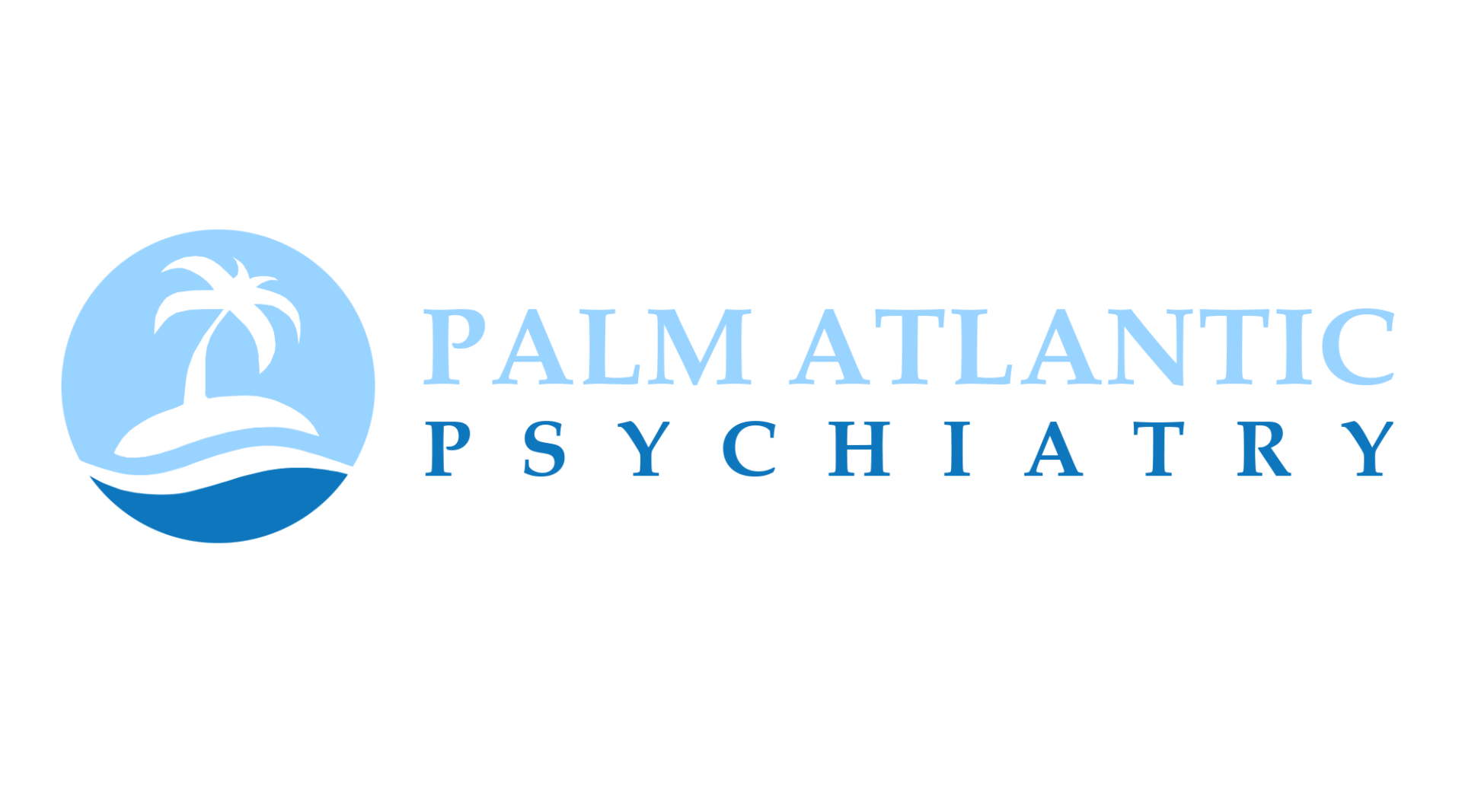ADHD and Emotional Distress: Navigating the Challenges
Navigating the Challenges of ADHD during times of Emotional Distress

Living with ADHD can be challenging on its own, but during times of emotional distress—such as grief, relationship struggles, or unexpected life changes—those challenges can feel amplified. Emotional upheaval often disrupts the routines and coping mechanisms that individuals with ADHD rely on, leading to increased overwhelm, frustration, and self-doubt.
In this article, we’ll explore how ADHD interacts with emotional distress, common pitfalls, and practical strategies for regaining stability.
How ADHD Amplifies Emotional Distress
ADHD affects executive functioning, the brain’s ability to regulate emotions, plan, and stay organized. During periods of emotional distress, these difficulties can worsen, creating a cycle of heightened emotional sensitivity and decreased ability to cope. Here are a few ways ADHD and emotional distress interact:
1. Heightened Emotional Reactivity:
People with ADHD often experience emotions more intensely and find it harder to recover from distressing events. This can make conflicts or losses feel overwhelming.
2. Difficulty Prioritizing Tasks:
Emotional distress often pulls focus away from responsibilities, and for those with ADHD, the added challenge of prioritizing tasks can lead to missed deadlines and increased stress.
3. Increased Impulsivity:
During emotionally charged periods, impulsive decisions—like quitting a job or lashing out during an argument—may become more frequent, further complicating the situation.
4. Executive Dysfunction:
Stress can worsen ADHD symptoms, leading to struggles with planning, time management, and organization. Even routine tasks may feel impossible to manage.
Common Emotional Triggers for Individuals with ADHD
Some common situations that may cause emotional distress for individuals with ADHD include:
- Rejection or criticism: People with ADHD are often prone to rejection sensitivity dysphoria (RSD), making perceived rejection especially painful.
- Overwhelm from life changes: Transitions such as moving, starting a new job, or becoming a parent can disrupt the structure ADHD brains thrive on.
- Interpersonal conflicts: ADHD symptoms like forgetfulness or impulsivity may unintentionally create tension in relationships.
- Burnout: Emotional distress can arise when ADHD leads to perfectionism or overcommitment, eventually causing mental and physical exhaustion.
Strategies for Managing ADHD During Emotional Distress
While times of emotional distress are difficult, there are practical ways to manage ADHD symptoms and regain a sense of control.
1. Acknowledge and Validate Your Emotions
- Recognize that it’s okay to feel overwhelmed or upset. Pushing emotions aside often backfires, intensifying stress.
- Use grounding techniques, such as deep breathing or mindfulness exercises, to process your feelings.
2. Rebuild Structure and Routine
- Write out simple daily tasks, even if they seem obvious, to help create a sense of accomplishment.
- Focus on small wins. Completing even one task can help reduce feelings of chaos.
3. Lean on Your Support System
- Share what you’re going through with trusted friends, family, or a therapist. Sometimes just talking it out can ease emotional burdens.
- Consider support groups, especially for ADHD, where others understand the challenges you’re facing.
4. Use Tools to Stay on Track
- External reminders, such as phone alarms or sticky notes, can help manage tasks when your mind feels scattered.
- Apps designed for ADHD can assist with organization, time tracking, and habit-building.
5. Limit Overwhelm by Simplifying Choices
- Reduce decision-making fatigue by limiting options. For example, stick to one or two meal options for the week or plan outfits in advance.
- Break tasks into smaller, manageable steps to make progress feel achievable.
6. Practice Self-Compassion
- Remind yourself that struggling doesn’t mean failing. ADHD brains are wired differently, and it’s okay to move at your own pace.
- Celebrate small victories, like responding to an email or making it to an appointment, even if it feels minor.
7. Seek Professional Support
- Therapy, coaching, or medication adjustments can provide essential support during emotional distress.
- Cognitive Behavioral Therapy (CBT) tailored for ADHD can help build coping skills for both ADHD and emotional regulation.
When to Seek Help
It’s important to know when to reach out for additional support. If emotional distress is leading to persistent feelings of hopelessness, difficulty functioning in daily life, or strained relationships, professional guidance can make a significant difference.
Final Thoughts
For individuals with ADHD, times of emotional distress can feel like a storm you can’t navigate—but with the right tools, strategies, and support, it’s possible to find your way back to calmer waters. Recognize that these moments don’t define you; they’re simply part of the journey.
If you’re struggling with ADHD during an emotionally challenging time, Palm Atlantic Psychiatry can help. Our team is experienced in supporting individuals with ADHD and coexisting challenges, offering personalized care to help you find balance and clarity. Visit Palm Atlantic Psychiatry to learn more about our services and start your journey toward relief today.

All Rights Reserved | Palm Atlantic Psychiatry | Privacy Policy
By providing your email address or phone number and clicking "Submit" or any similar action, you agree to receive emails and text messages (SMS) from Palm Atlantic Psychiatry regarding appointments, services, and important updates. Message and data rates may apply. You can opt out at any time by clicking "UNSUBSCRIBE" or replying "STOP" to any message.




